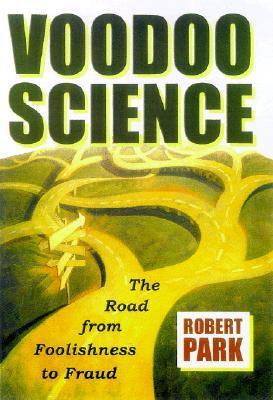What do you think?
Rate this book


240 pages, Paperback
First published January 1, 2000
Science fascinates us by its power to surprise. Unexpected results that appear to violate accepted laws of nature can portend revolutionary advances in human knowledge‚Ä� Alas, many ‚Äúrevolutionary‚Ä� discoveries turn out to be wrong. Error is a normal part of science‚Ä� Scientists, no less than others, are inclined to see what they expect to see, and an erroneous conclusion by a respected colleague often carries other scientists along the road to ignominy‚Ä� If scientists can fool themselves, how much easier is it to craft soft arguments deliberately intended to befuddle jurists or lawmakers with little or no scientific background?
Avogadro‚Äôs Number is memorized in freshman chemistry. Homeopathists have calculated the dilution limit, and they agree that not a single molecule of the herbal extract or mineral could remain in their medications. But they insist it doesn‚Äôt matter‚Ä�
…the real symbolism of the mission was that after thirty-five years, John Glenn had traveled only eighty miles further from Earth than he did the first time.
In 280 trials, the therapists scored 44 percent. The therapists were stunned. They were honestly convinced of their ability‚Ä� Emily Rosa, the scientist, is doing what scientists are supposed to do‚Äîtaking the strangeness out of the universe.